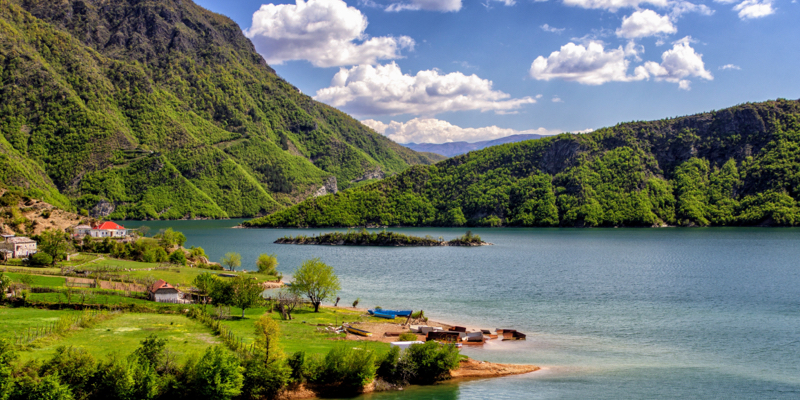- Sector : Waste Management
- Location : Rwanda

Overview
SCF is providing technical assistance to a black soldier flies company in Kigali, Rwanda to reduce waste and create a sustainable source of animal feed.
As mentioned on our global report about black soldier fly (BSF); the insect is a tropical species used for the bioconversion of biowastes and byproducts into marketable, high-value products. Recent decades have seen the engineering of the natural fly life cycle into commercial operations ranging from basic manual smallholder farms to large mechanical operations. The larger facilities particularly need to be designed and implemented following a rigorous engineering process according to the available feedstock, product type, and market. Fortunately, in the last few years, many more technology and service providers have entered the market in support of this endeavour.
The Challenge
All waste from Kigali is unsorted and dumped at Nduba landfill; this represents 600 tons daily to landfill from Kigali, including 60-70% organic matter at 50% usability: 195 tons available per day.
A large percentage of the population of Rwanda cannot afford a healthy diet, due to the high cost of animal-source protein foods such as eggs and chicken, and limited awareness of its benefits on nutrition and health.
Poor diets are among the causes of 33% Rwandan children being stunted; a rate which the Government of Rwanda has committed to reduce to 19% by 2030 with a focus on increased consumption of animal source protein.
Rwanda is highly dependent on regional and global food and input imports. Among the sources of animal protein foods, eggs, in particular, are 25% more expensive in Rwanda than in neighbouring countries. While animal protein food consumption is on the rise, current feed proteins (esp. soy) are limited in availability and subject to high price volatility. Over the past five years, the cost of inputs – specifically soybean – has gone up by almost 150% in Rwanda. The global food crisis further exacerbates the unprecedented high prices of feed and fertilizer imports.
Against this backdrop, most agripreneurs on the continent face the challenge of lack of access to technology, know-how and qualified staff, making it difficult to reach scale. Lack of scale results in lack of commercial returns. Animal protein food producers face limited market access, leading to lower prices and reduced profitability. Replacing conventional feed inputs with a local sustainable alternative protein feed solution is in high demand by local feed manufacturers and in the interest of local consumers in Rwanda.
SCF’s Involvement- Technical Assistance
The SCF has approved to support two technical assistance studies;
1) a market and regulatory study to map and analyze the supply chains, usage and market entry requirements for organic fertilizer, and
2) a Waste Feedstock Study to characterise, map and design the supply chains across the various sources (commercial, household, markets).
Our Target Impact
There are two main reasons from an impact standpoint to invest in a BSF company:
- To treat waste with a lower environmental impact than treatment alternatives such as (unmanaged) landfilling, composting, incineration/open burning, etc.
- To produce more sustainable insect-based products than current benchmarks.
-

SDG 13 Climate Action
Rwanda’s waste sector emitted 0.9 Mt CO2e in 2018. The project could avoid GHG emissions by reducing organic waste disposal at the municipal landfill.
Additionally, BSF products have lower emissions as a feed product compared with soy and fish meal.
-

SDG 8 Decent Work and Economic Growth
The project would offer new employment opportunities with the development of a new industry – creating jobs in poultry farming, aquaculture and animal farming and jobs for recyclers.
-

SDG 5 Gender Equality
Through increased availability and affordability of animal-based protein foods, improving nutritional profile of the population of Rwanda, particularly women and children who are at higher risk of nutritional deficiencies.
Also, the facility will strive to attain 50% of positions held by women.


